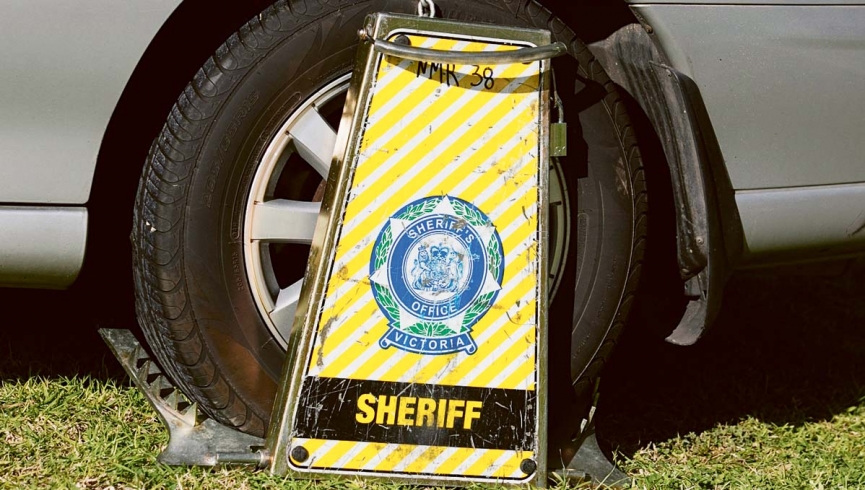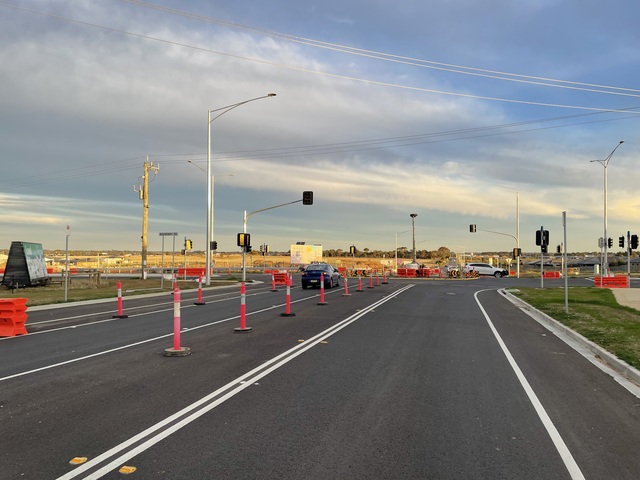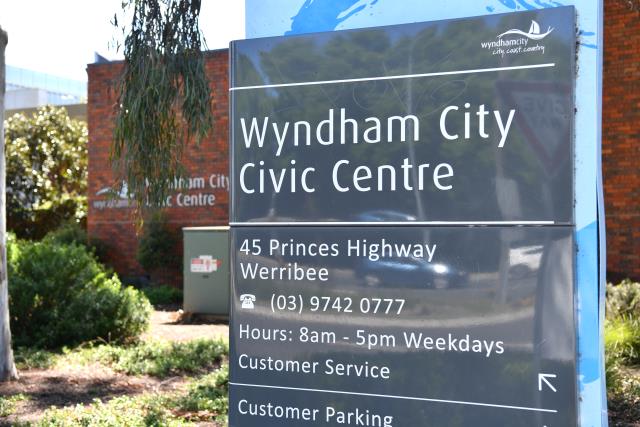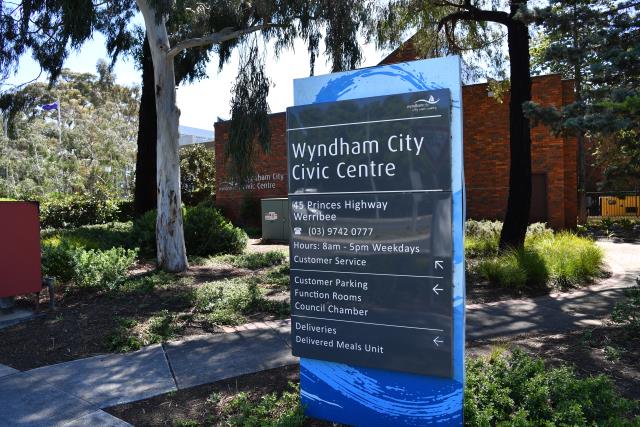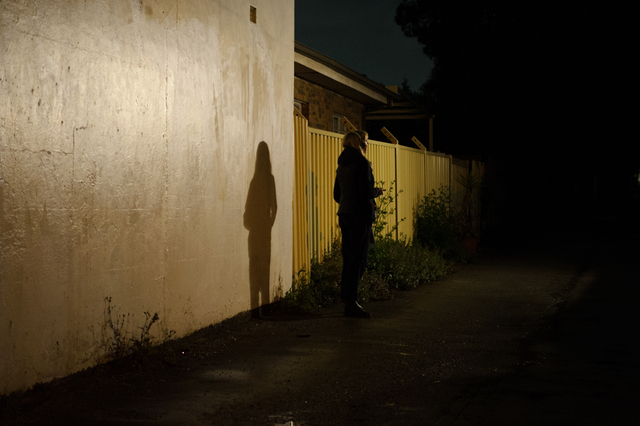A Wyndham shopping centre car park seems an unlikely place for a showdown with the town sheriff, but that’s exactly where he is gunning for fine-dodging “cowboys”.
Wyndham is among the state’s 10 worst areas for unpaid fines, with more than 22,000 people owing $47 million.
It works out to more than $2100 each, but senior sheriff officer Andrew Johnson says many people owe tens of thousands of dollars.
The Sheriff’s Office is charged with collecting outstanding debts, on the spot, under court orders. Officers use number plate recognition technology as their weapon.
They target car parks at shopping centres and railway stations, cruising by as a camera points at parked cars, snapping pictures of number plates.
Inside their vehicle, Mr Johnson and fellow officer Milan Stojkovic check a computer that changes the number plate image to text and feeds it into a database of fine offenders.
People who have failed to pay such fines as parking, speeding, vehicle and tollway infringements, and have had warrants issued against them by the Infringements Court are cross-checked with the vehicle details.
“It’s getting harder and harder for people to hide,” Johnson says. It’s an ordinary day at a Werribee shopping centre, and the sheriff’s car has done only one lap when the system pings a suspect.
A digital voice says: “Alert, alert, Bravo Zulu Yankee …” and spells out the number plate.
The computer displays several names associated with the number plate, including people who have received fines while driving it or previous owners, and a list of outstanding warrants for them.
But another database dismisses these fine dodgers as not owning the vehicle any more, advising that the owner of the car is clean.
The next motorist is not so lucky. The alert sounds, the number plate is checked and an offender is named. This time the fine evader is also the registered vehicle owner. So it’s time for the wheel clamps and stickers for the windscreen warning of a $6600 fine if those clamps are tampered with.
But here comes the driver. She’s a mother who has just bought a birthday cake for her child and she’s not surprised when the sheriffs approach.
The men are dressed in blue, with ‘‘sheriff’’ written on their shirts,. A bystander still mistakes them for police.
The car is owned by the woman’s partner, who is already on a payment plan organised through a court – somehow three other fines missed this arrangement.
It is the officers’ job to demand full or substantial payment for the $845.10 owing, or the car will be clamped.
The woman doesn’t have a credit card but does have a relative at home who will cover the debt. It is not something the officers normally do but, hey, she’s offering to pay.
They follow her home and use an EFTPOS machine to clear up the matter. Then it’s back on the hunt for more cowboys.

